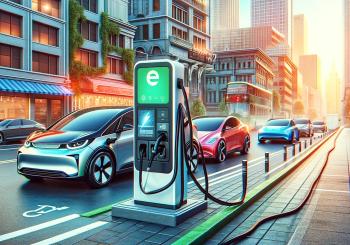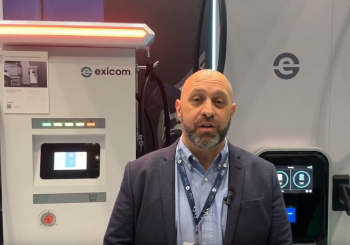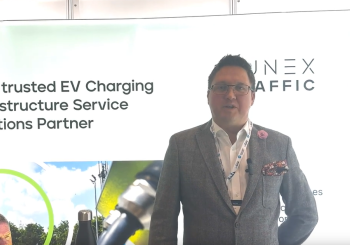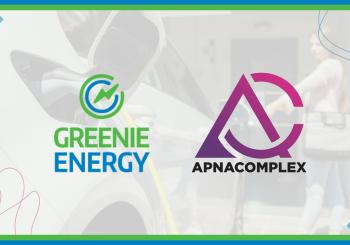That is one of the main findings in a new market research report from Meticulous Research titled 'Energy Infrastructure for EV Charging Stations Market by Component (Transformers, Electric Distribution Systems), Number of EVSE, Energy Source (Renewable Energy Sources, Non-renewable Energy Sources), and Geography - Global Forecast to 2029'.
The increasing government regulations to phase out fossil fuel-powered vehicles, government investments for improving public EV charging infrastructure, and initiatives in the form of subsidies and tax rebates for the adoption of electric cars are expected to support the growth of the market.
With technological advancements in electric drivetrain technology, governments worldwide are pushing for transitioning to electric vehicles as a sustainable public and private transportation model. Considering the environmental benefits offered by EVs, governments are increasingly offering incentives and subsidies to purchase EVs and associated charging infrastructure, which helps boost the demand for energy infrastructure for EV charging stations. For instance, in November 2021, the Australian Government announced an investment of US$132 million to ramp up the rollout of hydrogen refuelling and charging stations for electric vehicles.
In April 2020, the Chinese government announced that it would invest US$381m in EV charging to enable the state grid company to build 78,000 more charging stations over the year. Such initiatives by the government of various countries are expected to support the growth of the energy infrastructure for the EV charging stations market during the forecast period.
In addition, in May 2019 the Italian Government ratified the 'Eco-Bonus' programme, which resulted in spending of US$67.2m (€60m) and US$78.4m (€70m) in 2020 and 2021 on subsidies for purchasing hybrid or very low-emission vehicles and EV charging infrastructure. Under this scheme, from 1 March 2019 to 31 December 2021, individuals, companies, and condominiums were slated to receive a 50% tax deduction from purchasing EVs and installation cost (backend energy infrastructure) of recharging points for electric vehicles up to US$3,360.3 (€3,000).
New Zealand has also taken steps to facilitate a change in electrical mobility. The government is increasingly promoting growth in the EV industry through an intervention program, including an EV public information drive and a Low Emission Vehicles Contestable Fund.
This fund has provided more than NZ$17m (US$11m) for 93 projects over the past five rounds. The key focus is to improve public EV charging infrastructure, contributing significantly to constructing more than 200 fast chargers across the country. The fund aims to fulfil the government's vision of fast DC chargers every 75 km on the main highway network.





Follow Us On Social Media